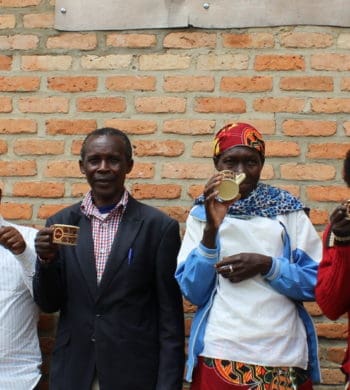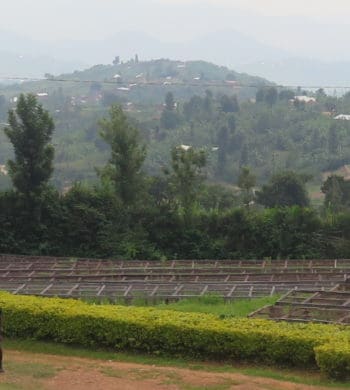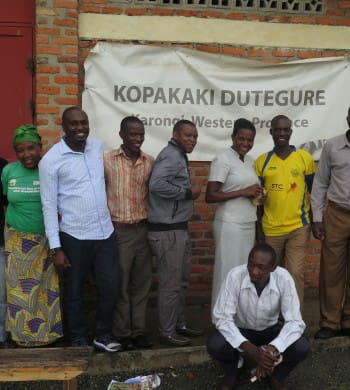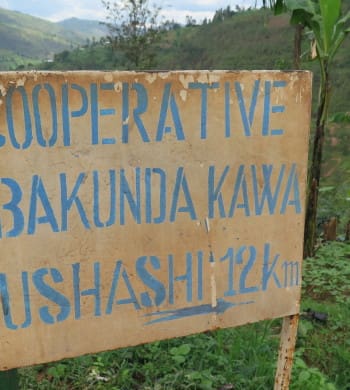After a savage civil war that devastated the country in 1994, the flourishing coffee sector is today playing a crucial role in helping to rebuild the country. The speed at which Rwanda has been able to turn itself around as a coffee origin is remarkable. In the not-too-distant past, its coffee was sold at the minimum C-grade price and Rwanda was virtually unknown on the specialty coffee market. During the 1990s, the problem of low prices was compounded by increases in world coffee supply from Brazil and Vietnam. After the civil war left the country in ruins, coffee cherries were left to rot on the trees. Today, the country provides some of the most highly prized coffees in East Africa, and has transformed itself into a sought after origin.
In 2000, a new Rwandan government seeking to rebuild the shattered economy focused on reviving its dormant coffee sector. They had a long way to go. At that time, the country produced no specialty coffee and had only two washing stations. Nevertheless, the government made it a national priority, and with help from USAID and foreign investment–as well as advisers from other African nations–coffee quality began to improve at a remarkable pace. The results of these efforts are clear; the world has discovered what Rwandan coffee has to offer, and its coffee producers are benefiting as a result. Today, the vast majority of producers are small holders and plot sizes average only 0.5 hectares with 150 to 300 trees that farmers grow alongside subsistence crops like corn, beans and bananas.
In the cup, Rwanda coffees are known for an elegant blackcurrant acidity, with hints of syrupy citrus, sweet spice, and gingerbread.



